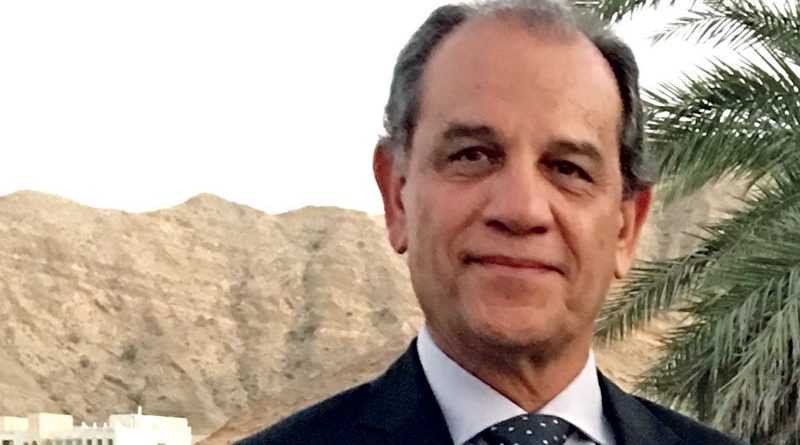Daylami : “EU Can and Should do Much More”
In spite of a trade surplus which exceeds 100 million dollars per year, the European Union does not tackle the difficult issue of tariffs on imports of primary aluminium. The opinion of Mahmood Daylami, Secretary General, GAC Gulf Aluminium Council
by Mario Conserva
Do you believe that the EU Institutions have an important function to ensure a significant role in the economic, political and social fields to the European continent in the global scenario? How do you assess the weight of the EU on the International political level from your observatory?
I strongly believe that the EU can play far more significant role in all fields than the current situation, in terms of economic influence, or political, social, cultural and general stability of the world. Regrettably, due to its structural set up, the EU remains weak and has very little influence to stand up to the decisions taken by US even when they disagree with the decision: an example are Nuclear agreements while the weakness of the Financial Institutions and their lack of independence is another.
Referring to the important industrial segment that you represent, how do you judge the trade relations between the EU and the Gulf countries?
The trade relationship between the EU and the GCC is imbalanced and the trade surplus is in favour of the EU by 100 billion a year, yet it imposes tariff on Aluminium imported into the EU from the GCC, despite acute shortage and growing demand. Regrettably, the free trade agreement between the two regions has not been resolved and discussions on the subject have stopped.
Do you have any specific comments or remarks about this? Regarding the relationships between culture and society, do you think the EU has maintained a sufficiently high profile in its development programs, do you think it is a model to follow in this area or not from your observatory?
One of the strongest elements of the EU is its culture, its history, its art, music that goes back centuries, yet there seems to be some apathy to use culture as a means to bring different nations and cultures together, the EU can and should do much more.
Finally, based on your professional experience, do you have some particular input to be addressed to the institutions?
We have a saying in GCC: “People of the country know the directions better than people from outside”. However, even as an outsider, I can see that the EU’s role internationally could be much more stronger and influential than it is now. Economically, it should be controlling its destiny, politically it needs to play a more active and balancing role and to use its rich culture to help build bridges between different societies.

